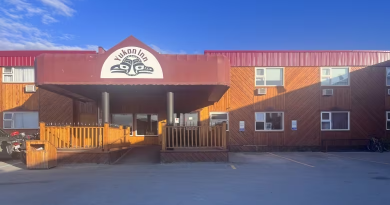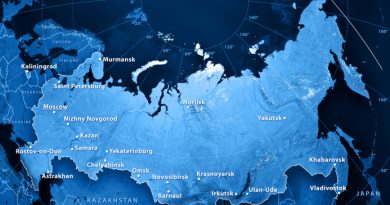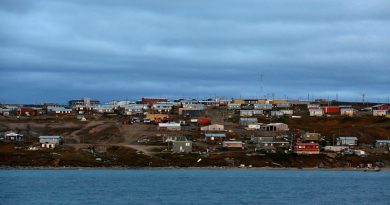Canada’s next Supreme Court Justice could come from the North
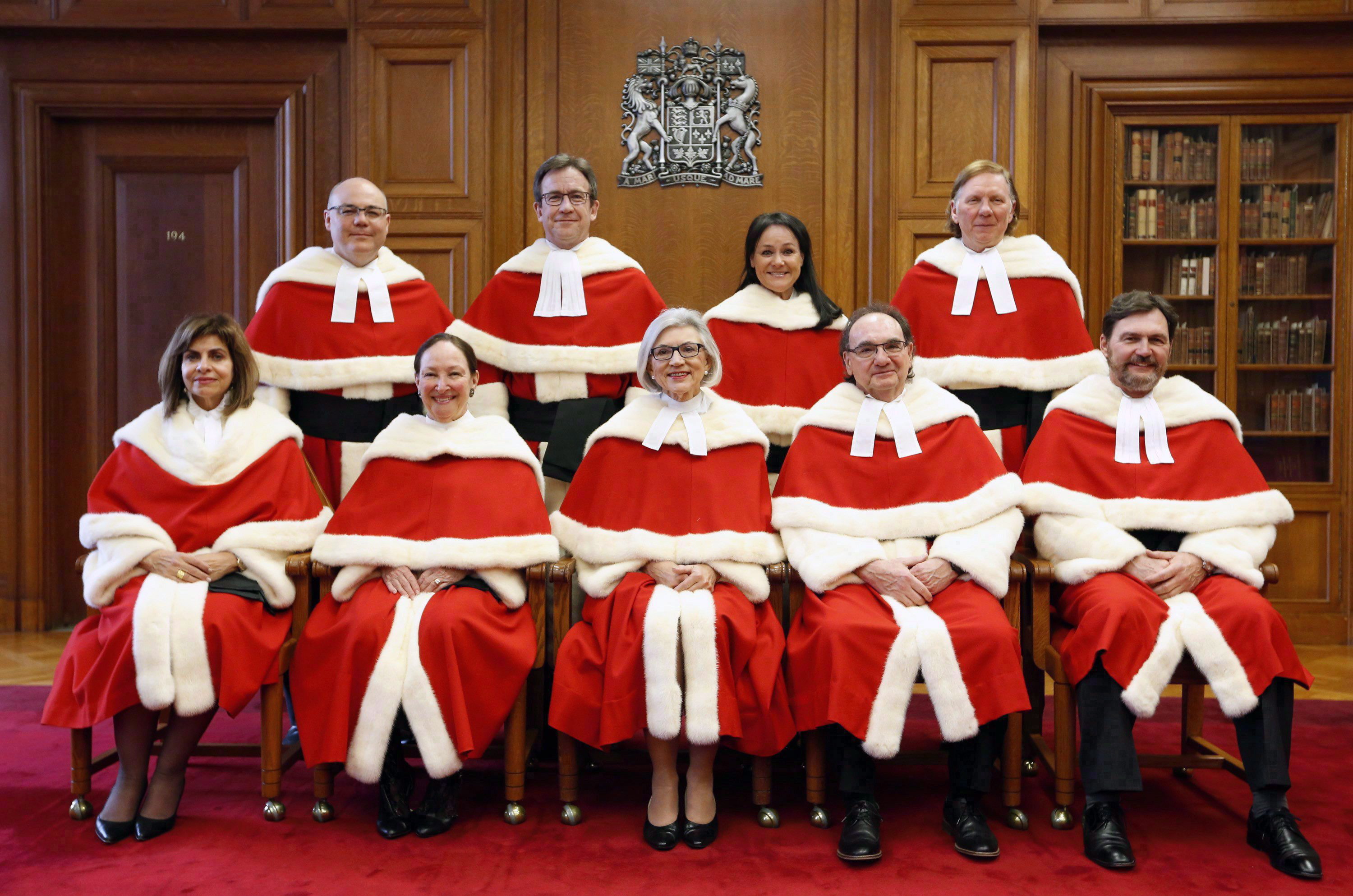
For the first time ever, Canada is including jurists from the North in its search for a new Supreme Court Justice.
“The Supreme Court of Canada is recognized around the world as a strong, independent judicial institution,” Canadian Prime Minister Justin Trudeau said in a news statement on Friday.
“This strength includes regional representation. The process we are opening up today will recruit potential candidates from Western Canada and Northern Canada and follow the tradition of appointing only the most exceptional and impressive individuals to the court.”
Importance of regional representation
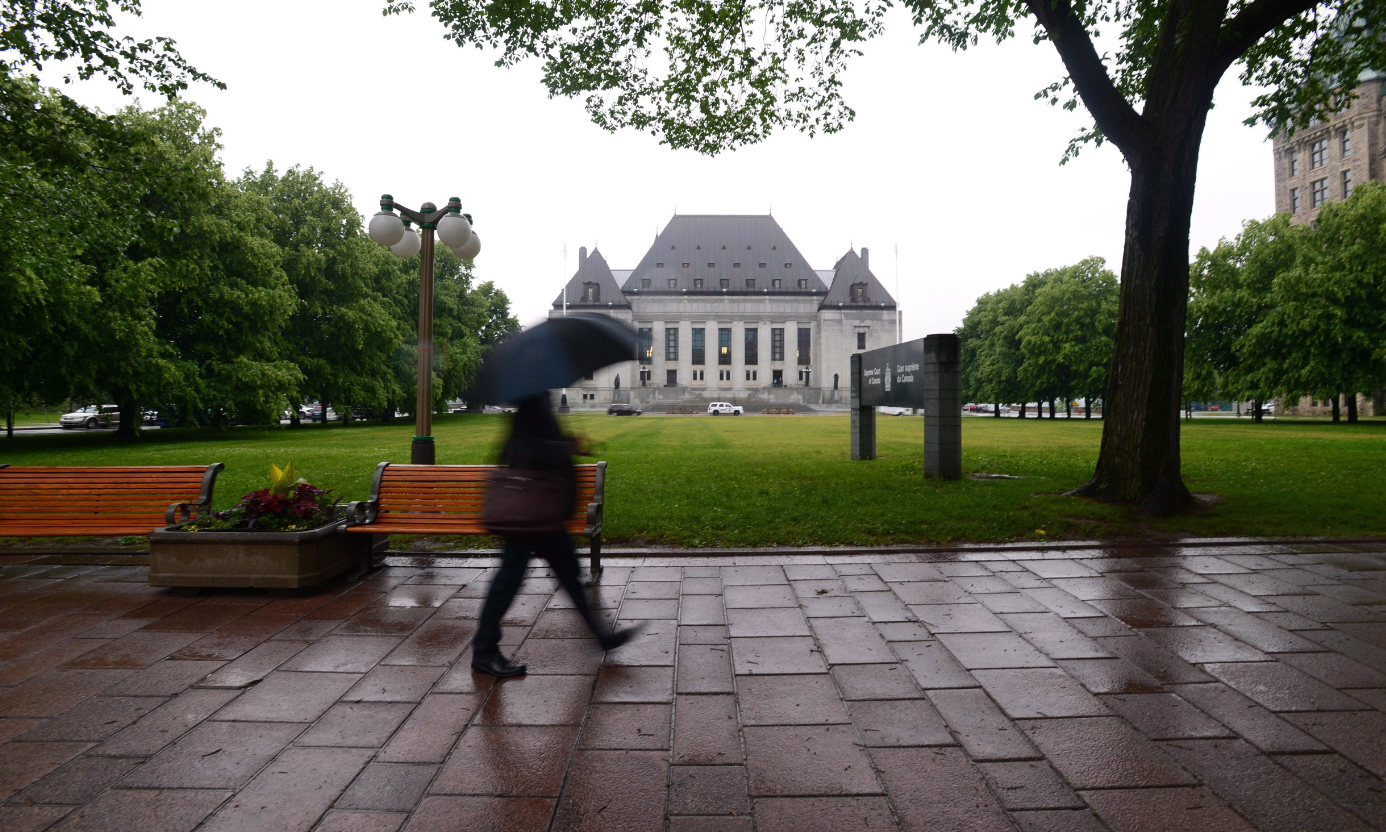
The Supreme Court of Canada is made up of nine judges.
Canada’s Supreme Court Act requires that three of the Court’s justices be from the province of Quebec, where French is the official language.
Typically, the federal government also appoints three Judges from the province of Ontario, two from western Canada, and one from Atlantic Canada.
This is the first time that the North is being acknowledged in regional representation, and that jurists working in Yukon, the Northwest Territories and Nunavut are being invited to apply.
The new judge will replace Chief Justice Beverley McLachlin who retires December 15, 2017.
Write to Eilís Quinn at eilis.quinn(at)cbc.ca
Related stories from around the North:
Canada: Canada’s Supreme Court to decide on northern wilderness watershed, Radio Canada International
Denmark: Nordics report high abuse levels against women, Radio Sweden
Finland: Finland ‘downplays’ suicide figures says expert, Yle News
Iceland: Iceland has first fatal police shooting, The Associated Press
Russia: Why high suicide rates in Arctic Russia?, Deutsche Welle’s Ice-Blogger
Sweden: Reports of violent crime increasing in Sweden’s North, Radio Sweden
United States: More than 150 Alaskan villages excluded from jury duty, can residents get fair trial?, Alaska Dispatch News

